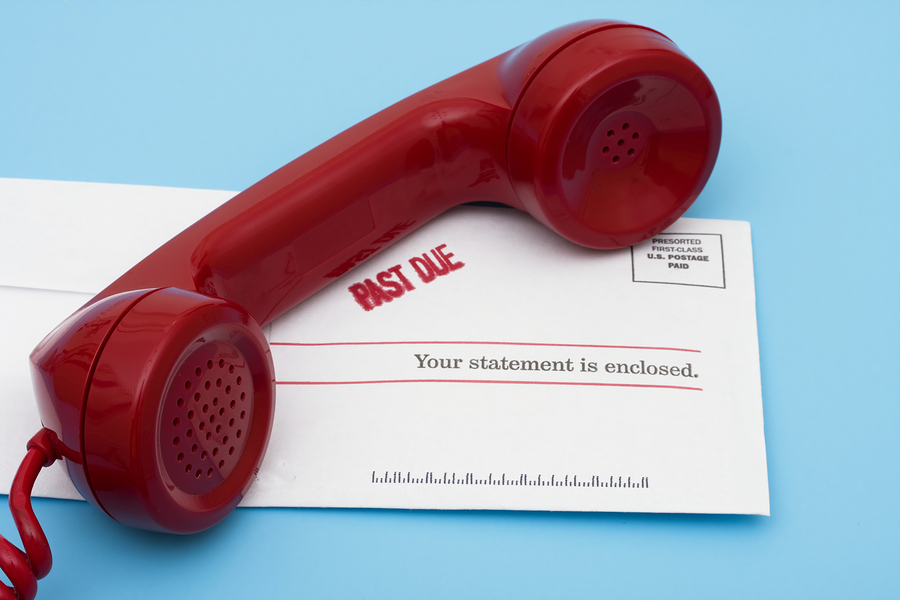In an ideal world, all customers would pay their bills. However, for reasons of dissatisfaction, due to financial problems or outright dishonesty, some consumers don’t. Knowing how to collect amounts due without harming long-term relationships with customers is the job of the collection agent. Here are some key points he has to master.
The golden rule for the collection agent is to hold a license from the Office de la protection du consommateur to operate in Quebec.
To make a first contact, the collection agent must communicate with the customer in writing, and not by phone. Once the relationship is established, the professional must be attentive in order to understand what type of debtor he is dealing with. He needs to understand why the customer has not paid, without accusing him. Always being respectful, he must show great openness and empathy before beginning any collection process.
Then comes the time for the agent to show his ability to adapt and make concessions, in particular by proposing various payment terms. Once the plan has been decided between the two parties, it is essential for the agent to stick to it in order to retain his credibility and seriousness.
A collection agent will take care to maintain a good relationship with the consumer throughout the process, because he will be the only point of contact. The agent can only communicate with the customers acquaintances (spouse, family, friends, etc.) one time to obtain his contact details, or when one of his acquaintances has guaranteed the debt.
Knowing the customer’s rights is also useful to instill a climate of trust. This will allow the collection agent to advise the customer properly in this delicate process. The law stipulates, for example, that the collection agent can communicate with the consumer from Monday to Saturday between 8 am and 8 pm, except on public holidays. The consumer may also require the agency to exclusively contact him by mail by making a written request. It is valid for three months and may then be renewed.
The customer may, at any time and at no cost, apply in writing to obtain a payment statement. This allows him to know what he has left to pay and to know the amounts he has already paid.
The agency then has ten days to provide it, with the date of the statement, the initial amount of the debt, the name of the creditor and the collection agency’s permit number. The same applies when a sum of money is paid to repay part of the debt: the agency must automatically issue a receipt to the customer within ten days. So you have to be prepared for it.
